yep, I wish I had done this
12 Signs Your Partner Might Be Pulling Away and What You Can Do
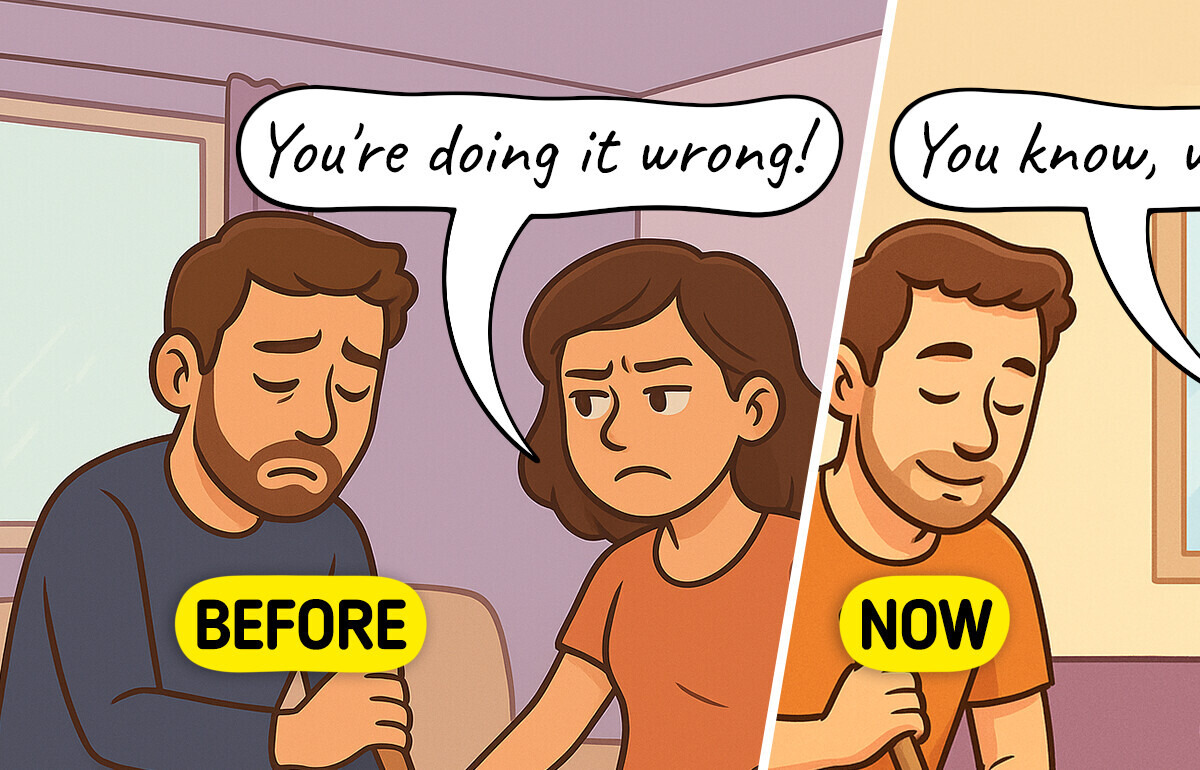
Does your partner seem distant and you don’t know why? It’s not your fault: emotional detachment often stems from reasons that have nothing to do with you. Based on insights from psychologists and therapists, here are 12 real and common reasons why your partner may be pulling away, and tools on how to reconnect.
1. Your partner needs more time for themselves.
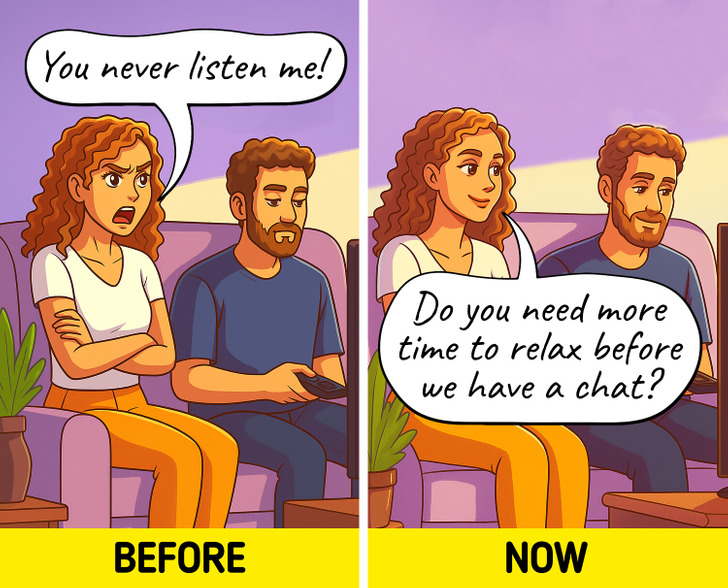
Some people, even when deeply in love, find it difficult to be “on top” of each other all the time. It’s not that they want to walk away forever, but rather that they need to recharge their batteries alone. Maybe they had a stressful week at work, family problems, or simply need some quiet time to process things.
- Example: You’re watching a series and you notice that he or she is in another room reading. It’s not a sign of disinterest: sometimes that alone time is their way of becoming more present afterwards.
- Tip: Instead of taking it as rejection, take the opportunity to do something you enjoy and then share how your day went.
2. Stress is consuming your partner.
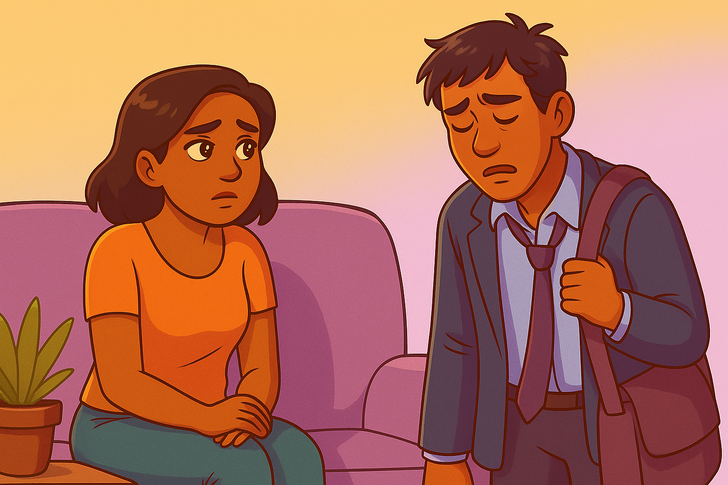
When a person is under constant pressure (whether work-related, financial, or emotional), their ability to show affection diminishes. It’s not that they don’t love you, it’s that their mental energy is focused on “surviving” the storm.
- Example: They come home from work, drop their keys, and barely speak. It’s not coldness, it’s exhaustion.
- Tip: Ask gently, “Would you like to talk about it, or would you rather rest and talk later?” This gives them permission to open up without feeling pressured.
3. Routine dampened the spark a little.
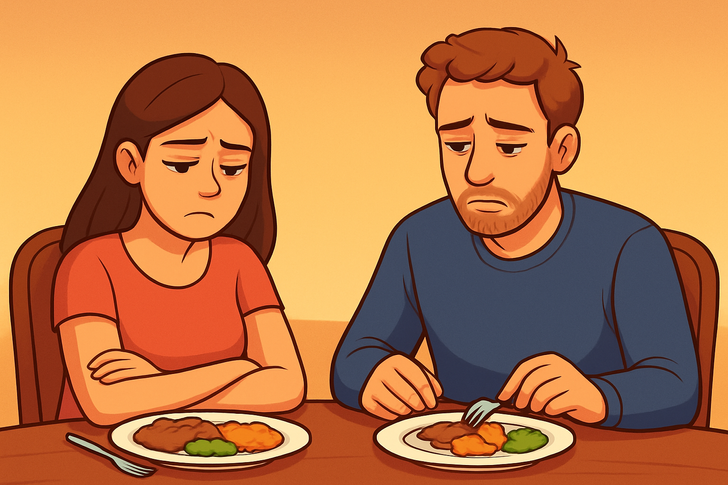
Over time, habit can set in and put your relationship on autopilot. Dinner together becomes “business as usual” and romantic messages become fewer and farther between.
- Example: Remember the first few weeks of the relationship, when you sent each other memes all the time. Maybe you don’t do that anymore, but that doesn’t mean they don’t care about you anymore: it means they’ve settled into a routine.
- Tip: Introduce small changes like an impromptu date, an unexpected message, or a game at home.
4. Constant criticism makes your partner shut down.
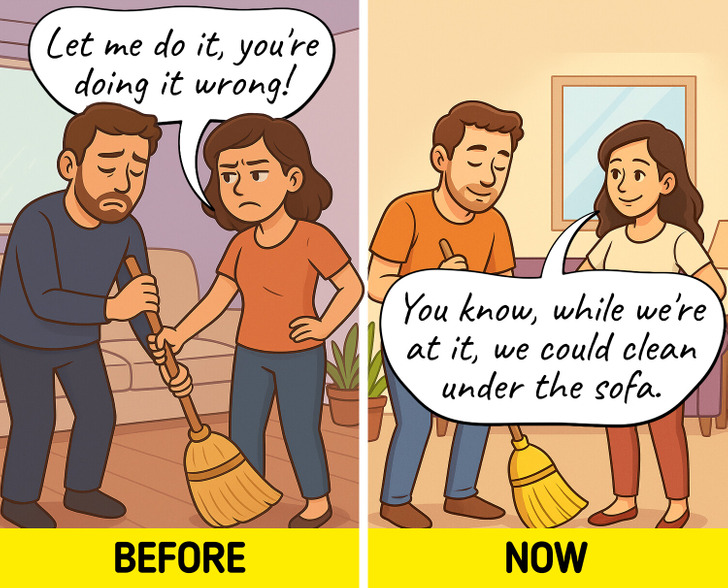
If your partner feels that everything they do will be judged, they will likely prefer to withdraw emotionally rather than expose themselves to negative comments.
- Example: Every time they cook, you point out what “could be improved.” It may seem innocent, but they experience it as rejection.
- Tip: Change your approach to positive reinforcement. Recognizing the good opens up more than pointing out the bad.
5. A cycle of “chasing and distancing” was established.
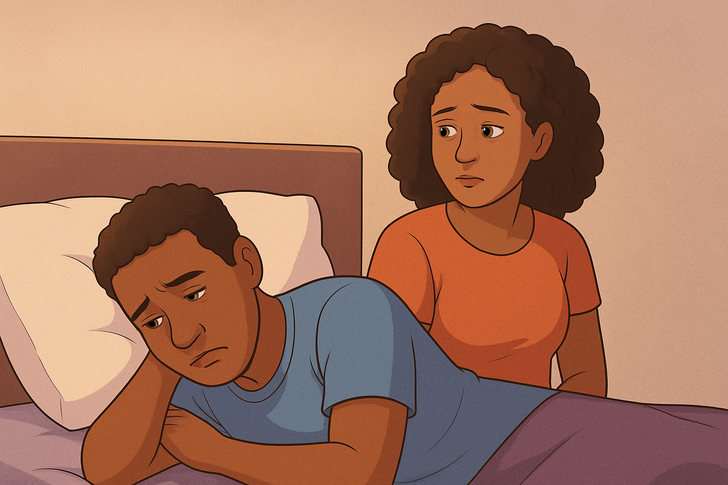
When a person feels that they are required to be present all the time, they may pull back to regain control. This creates a cycle: you seek more, they pull away more.
- Example: You ask them three times a day, “Are you okay?” and they respond more and more curtly.
- Tip: Reduce the intensity of your attempts to contact them. Sometimes less is more, so that they come back on their own initiative.
6. Your partner avoids conflict at all costs.
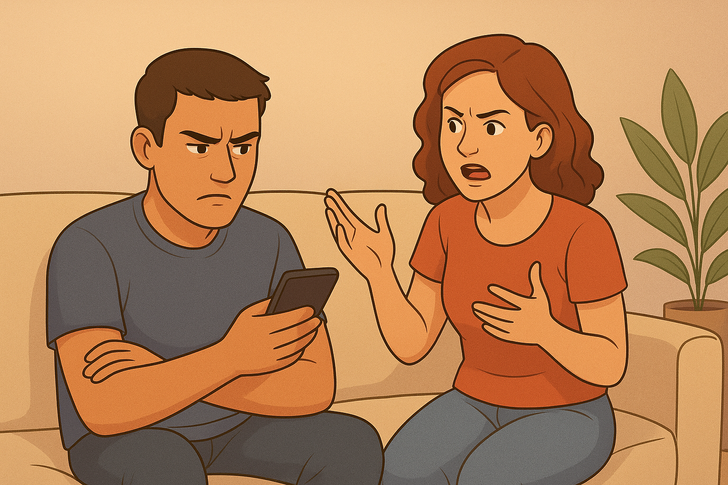
He doesn’t like arguments and prefers to withdraw so as “not to fight.” The problem is that this prolonged silence feels like abandonment.
- Example: After a disagreement, he locks himself away to stare at his cell phone for hours.
- Tip: Suggest talking at a neutral moment, not in the heat of the conflict.
7. Your partner is unintentionally neglecting your emotional needs.
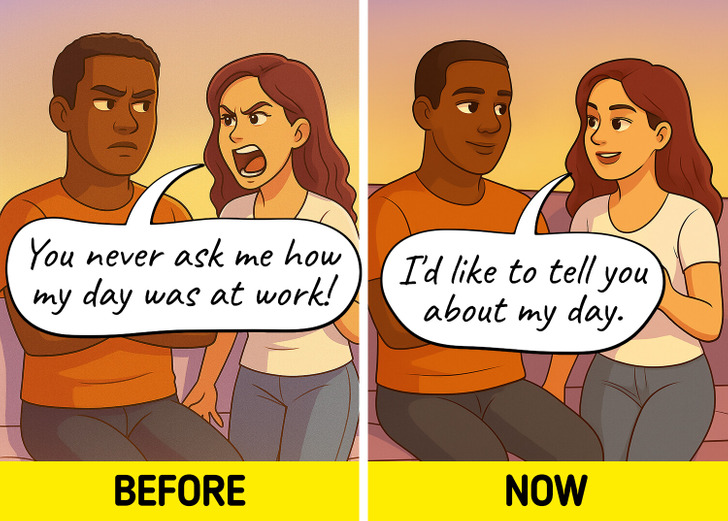
They may not realize that you are feeling lonely or disconnected. Emotional neglect is not always intentional; sometimes it is simply a lack of awareness.
- Example: They tell you all about their day, but they don’t ask you how yours was.
- Tip: Express your needs without accusing them: “I would like you to ask me more about my day, it makes me feel closer to you.”
8. Your partner is afraid to show vulnerability.
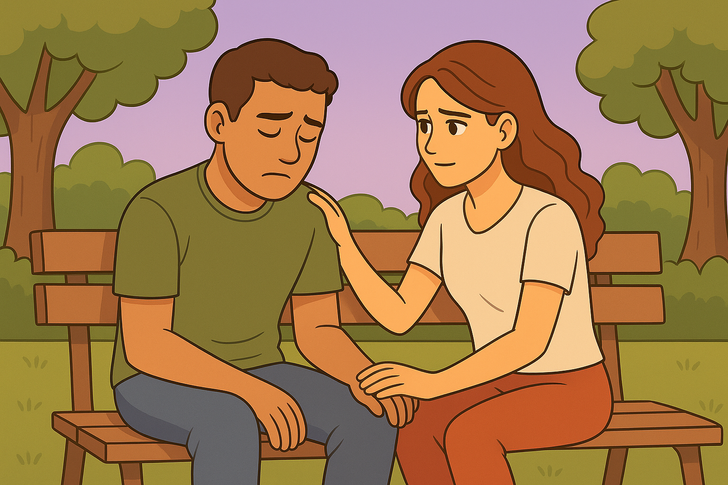
For many people, expressing emotions is like jumping without a parachute. Perhaps, as a child, your partner learned that showing sadness or fear is dangerous or wrong.
- Example: In a serious conversation, your partner make a joke to change the subject.
- Tip: Show them that vulnerability is not weakness. Share something personal about yourself to pave the way.
9. Their emotional timing does not match yours.
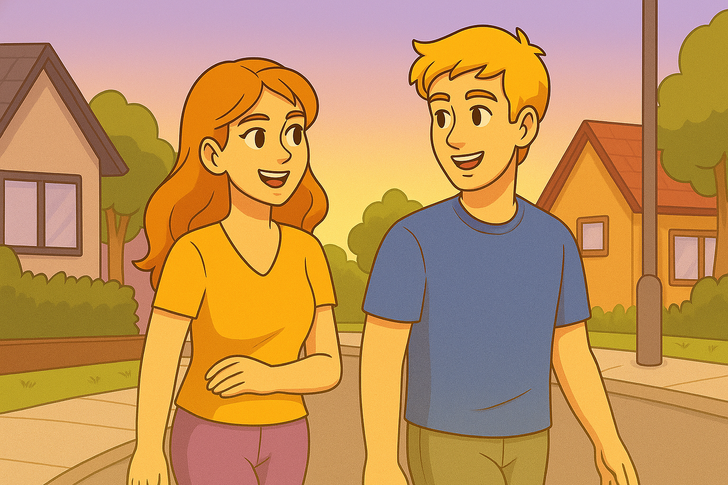
You may be ready to talk and connect, but he may need more time to process. This difference can feel like coldness.
- Example: You want to talk about a problem now, and he says “later” and seems to be running away.
- Tip: Agreeing on a specific time for the talk helps him prepare mentally.
10. Your partner is protecting their independence.
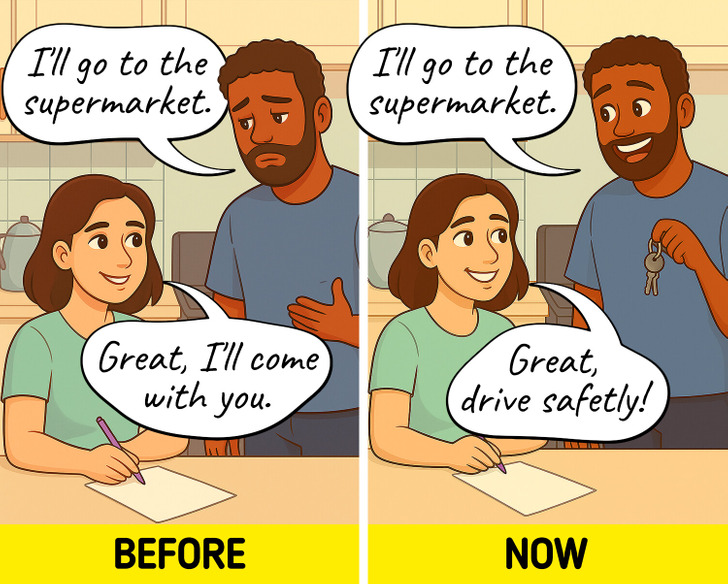
Some people need to make sure they remain “themselves” within the relationship. This desire to protect their space can come across as coldness.
- Example: They insist on going out with their friends alone, and you feel like they are distancing themselves from you.
- Tip: Support their individual moments, and ask them to support yours as well.
11. Pressure for intimacy blocks your partner.
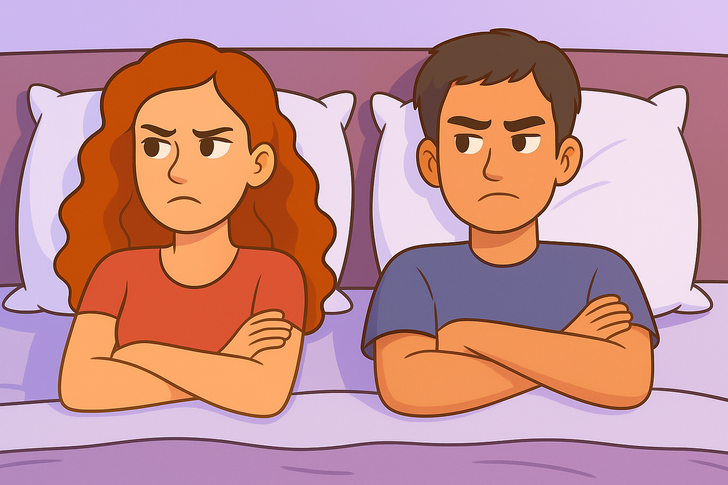
For some people, constantly expecting emotional or physical closeness can feel like a burden.
- Example: You insist on having deep conversations every night, and he starts avoiding being in the same room.
- Tip: Alternate moments of intense connection with lighter ones, so he doesn’t feel like he’s always being “emotionally tested.”
12. Your partner has an avoidant attachment style.
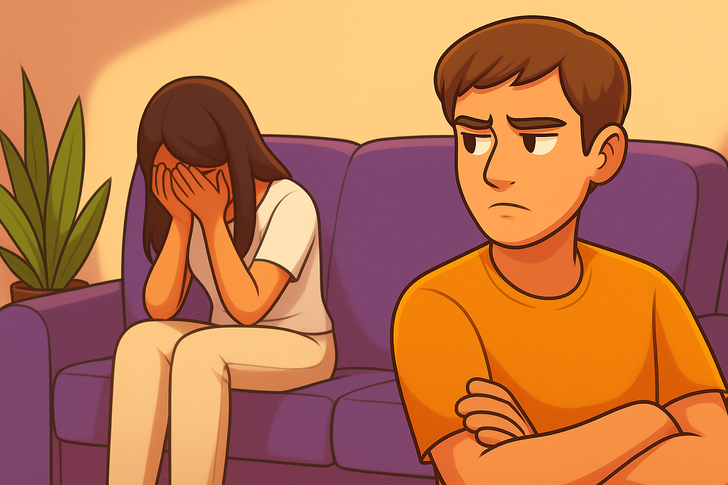
If your partner grew up learning that being emotionally dependent on someone was unsafe, their brain is programmed to put up barriers.
- Example: When everything is going too well, they suddenly distance themselves.
- Tip. The key is consistency without invasion: small gestures of affection that are repeated over time.
Emotional distance can have many causes that have nothing to do with your worth or what you bring to the relationship. Understanding them is the first step to avoiding unnecessary guilt and instead finding ways to reconnect. And if you want to learn more about other silent signs that could be affecting your bond, you can read this article here to continue nurturing the relationship from a healthy and empathetic place.
Comments
Related Reads
I Didn’t React When My Sister Wore White to My Wedding—by Morning, She Knew Why
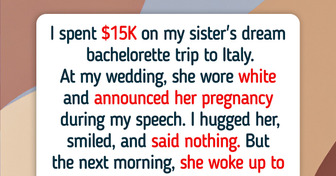
I Agreed to Adopt My SIL’s Baby — but Her Real Motive for Giving Him Up Broke My Heart
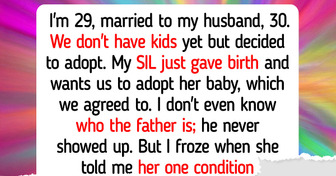
15 Service Industry Stories That Prove the Job Is a Sitcom With an Unpredictable Script
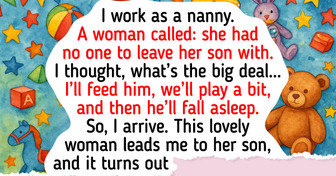
I Refuse to Be a Free Babysitter for My Stepchildren — My Comfort Comes Before Anyone
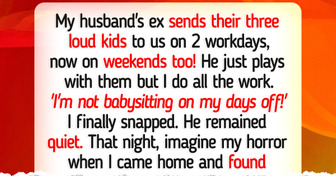
My Husband Got Another Woman Pregnant, but Refuses to Give Me a Divorce
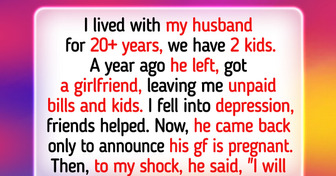
I Refuse to Sell My House for My Jobless Son-in-Law
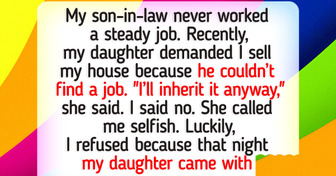
15 Times Small Acts of Kindness Made a Giant Difference
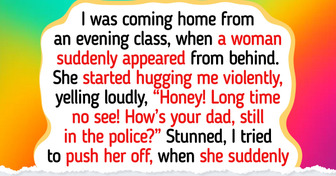
My MIL Tried to Humiliate Me Over Money, but I Revealed the Secret She Didn’t Expect
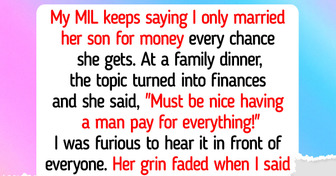
I Refuse to Forgive My Parents—They Bought My Brother a House and Left Me With ‘Sorry’
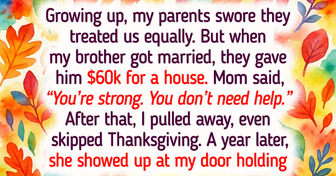
13 People Share the Things They’ve Been Hiding From Their Partners for Years
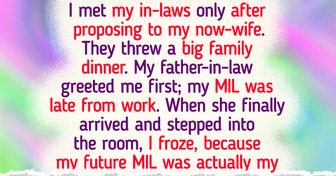
My MIL Called Me a Bad Mom for the Mess—My Husband’s Response Was the Real Shock
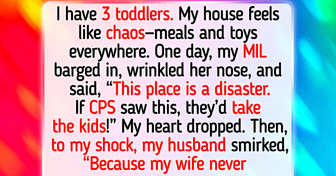
14 People Who Learned the Shocking Truth About a Friend
